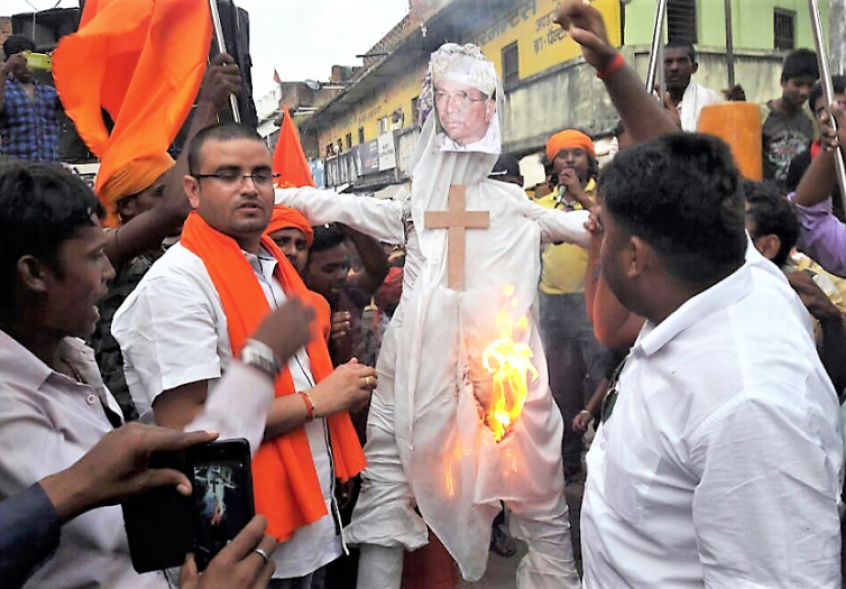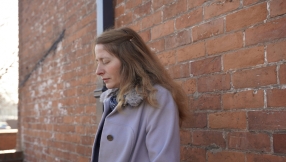Indian Christians saw the worst persecution in 2017 for 10 years, according to a report from the Evangelical Fellowship of India (EFI).
EFI's Religious Liberty Commission report documented at least 351 cases of violence last year. However, the reported stressed that most cases go unreported either because the victim is too afraid to report incidents or the police refuse to register the complaint.

The most hostile state to Christians is Tamil Nadu in the south of the country, with 52 cases. Uttar Pradesh with 50, is a close second, followed by Chhattisgarh (43), Madhya Pradesh (36) and Maharashtra (38). Only six cases were recorded in the capital, Delhi.
According to the EFI, the states where there is most violence are dominated by the right-wing Hindu nationalist BJP. In Tamil Nadu, it says, the violence 'has a disturbing overlay of caste discrimination, and the victims largely come from the so called lower castes in villages where the dominant groups object to prayer houses and even the entry of missionaries'.
While the EFI's Religious Liberty Commission focuses on the targeting of Christians, it is also concerned with pressure on other religious minorities, caste discrimination against Dalits and women's rights, along with the situation of women in general and when they are trapped during religious or other group violence.
The Indian government has acknowledged that 'communal violence', the term used to define clashes between religious groups, increased by 28 per cent over the three years to 2017.
Rev Vijayesh Lal, EFI general secretary, said: 'It is distressing to see even private worship being attacked by Hindu right-wing activists violating the privacy and sanctity of an individual or a family and trampling upon their constitutional rights.
'The instances of attacks on churches on Sundays and other important days of worship such as Palm Sunday, Good Friday, Easter and Christmas have increased.'
He referred to instances of Christian children attending Bible camps being taken into custody and detained on suspicion of being targeted for conversion, describing it as 'bizarre and unheard-of', and to public figures denouncing Christianity through official channels.
'This must stop, and the various state governments and the union government must move beyond mere lip service and uphold fundamental rights, especially the right to freedom of religion or belief, through concrete action and enforcement of law, without partiality,' he said.













